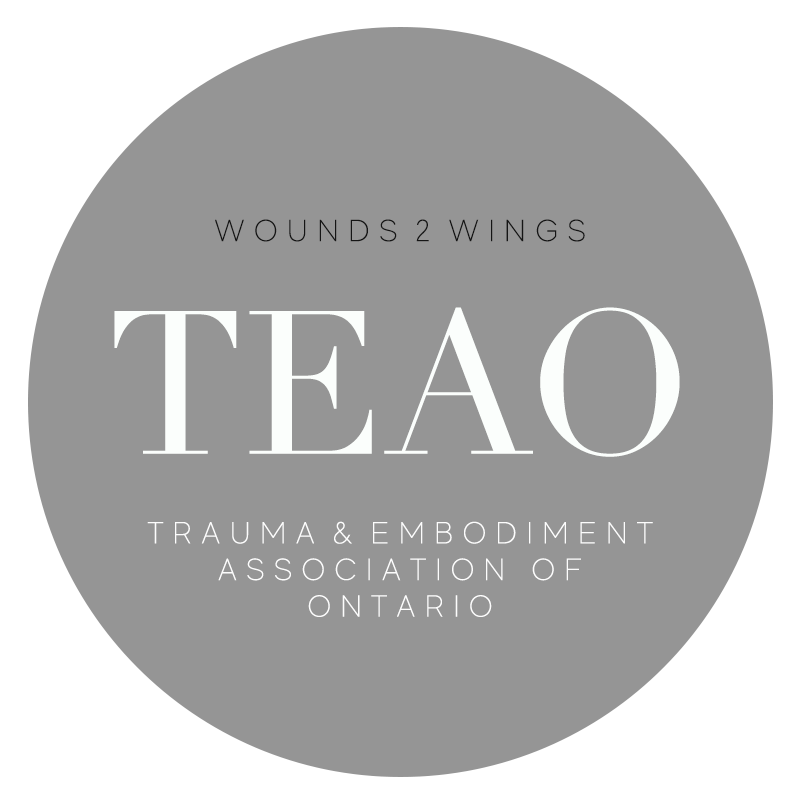OUR STORY OF COLLECTIVE CARE
Canadians appear to do many things to maintain health and prevent physical illness, but what about our mental health? When people do become physically ill, our healthcare system is there to provide treatment and support. It’s time to take the same approach to mental health; from prevention to identification, and treatment.
By building awareness, we can build stronger communities. We can create networks of support that weave throughout health care, youth services, community programs and social services. We can erase the stigma and develop understanding. We can open the door to a brighter, healthier future for people with mental health problems, their families, and their communities.








